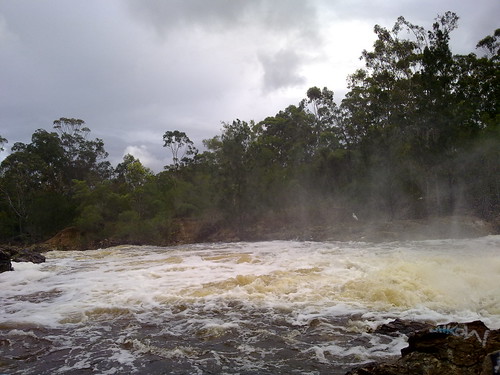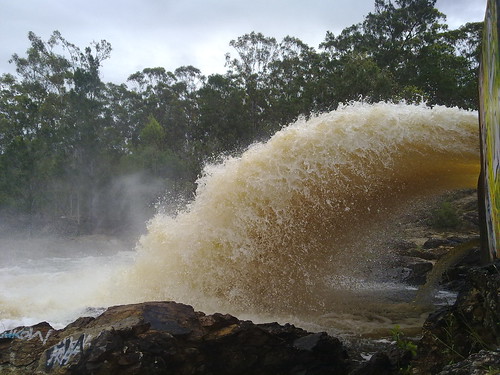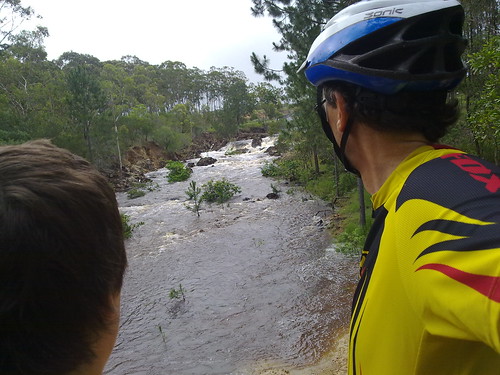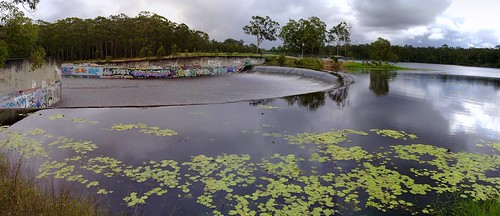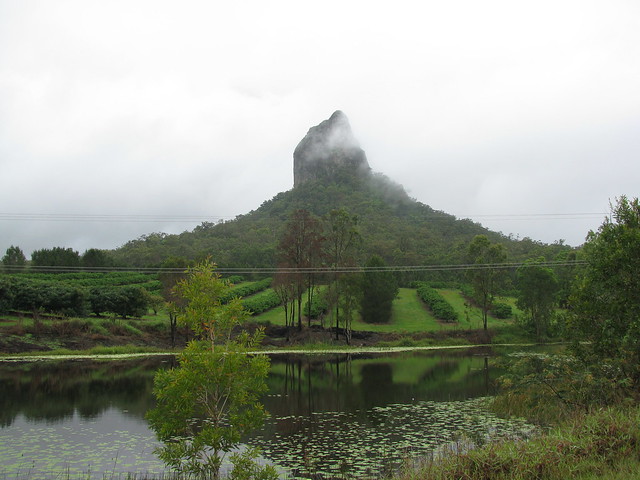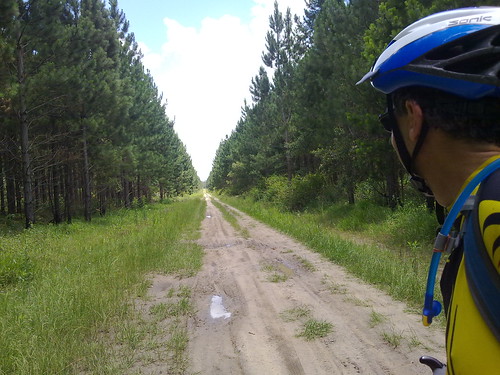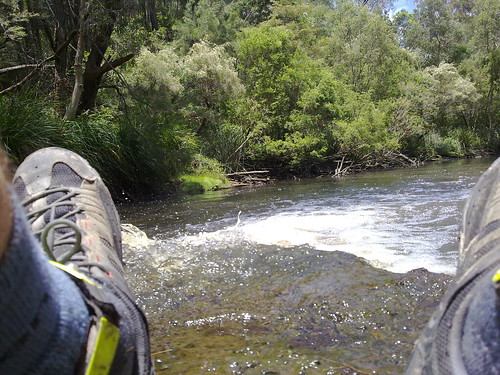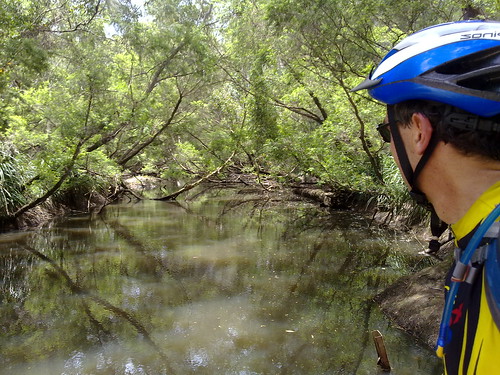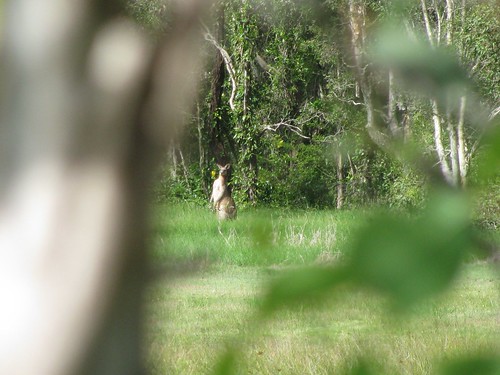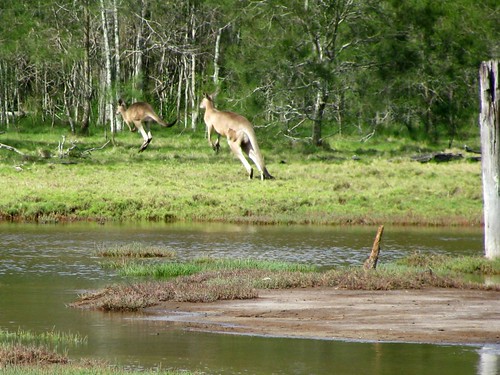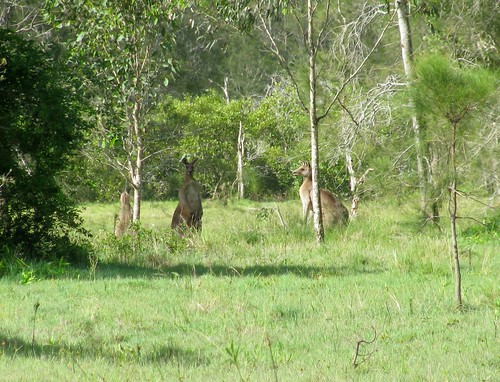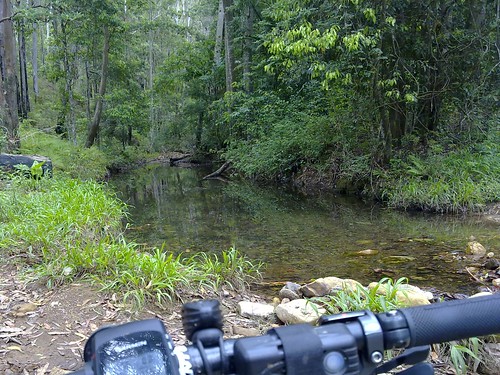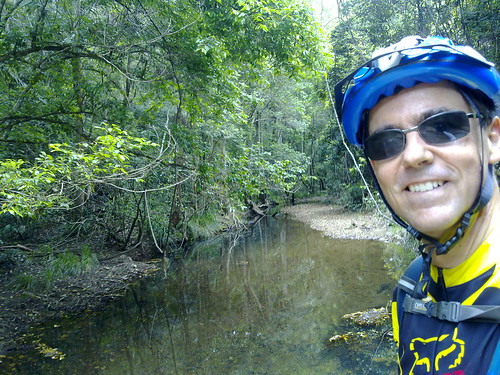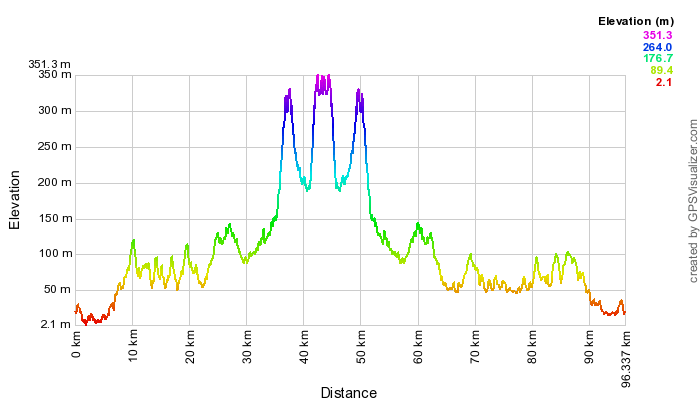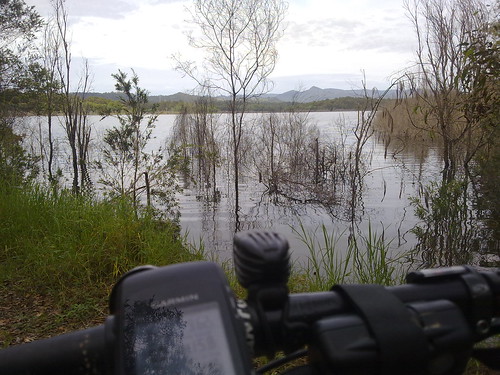The Delisser Brothers, Edmund and Alfred were 19th century surveyors.
Edmund, the elder brother, surveyed the Nullarbor Plain in the 1860’s. Noting the distinct lack of trees, he coined the name “Nullarbor” from the latin words “Null” (lack of) and “Arbor” (tree). The Delisser Mobile Sand Dunes in Eucla National Park are named in his honour.
In the early 1880’s Alfred surveyed much of the Blackall Ranges and Glass House Mountains, proceeding via The Old North Road. On that journey he probably crossed Mosquito Creek.
You can read more about Alfred Delisser at John Henley’s excellent website about the Mapleton Tramway.
The crossing is still there today surrounded by peaceful bushland. I ride it quite regularly on my bike. By some strange quirk of geography, it rarely floods – even after much rain. There once was a bridge over this crossing, and I think it’s possible to see the remains if you look around hard enough.
So I was delighted after finding this survey tree last week at Mosquito Creek just near the crossing to discover that it was blazed by Alfred Delisser in 1889. He had passed through this area several years earlier and was probably quite familiar with it, making him an ideal choice. No survey marks remain on the tree, apart from its original blazing. In fact the wooden “heart” of the blaze has fallen out. I thought it deserved a bit of respect so I cleaned it up and set it against the tree.
The tree itself isn’t that big. But it could easily be over 200 years old. Ironbark trees grow slowly.
Here’s part of the survey plan of the Mosquito Creek crossing created by Alftred Delisser in 1889. Many thanks to Leith Barter for obtaining this copy for me.
The survey plan is over 111 years old. But even as Delisser created it, the road he was on had been used for 45 years by Evan Mackenzie and the Archer Brothers as they made their way north to Durrundur Station.
But even that is fairly recent compared to the thousands of years that the original track had been in use by Aborigines walking from Meeanjin (Brisbane) to the Bonyi (Bunya) feasts in the Blackall Ranges.
